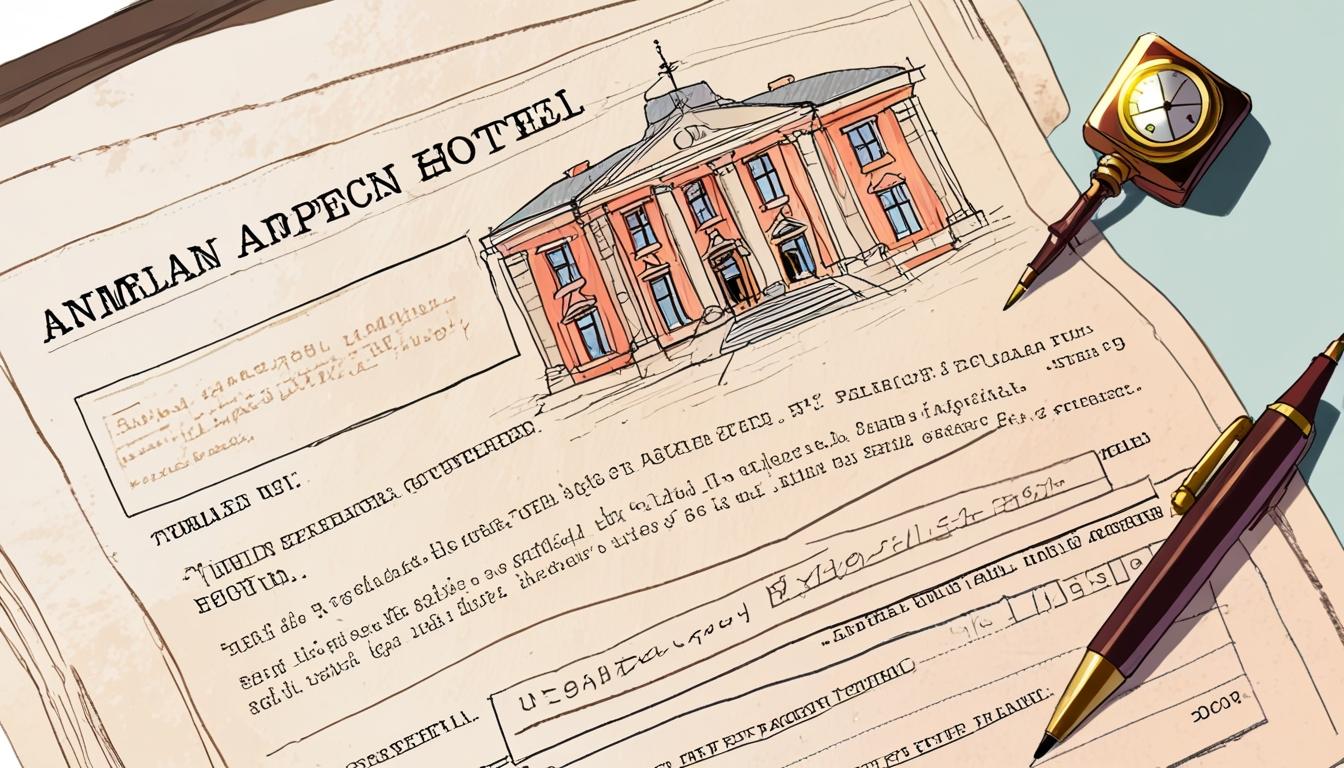The UK government’s plan to fast-track asylum appeals for individuals housed in government-funded hotels has sparked concerns about potential legal challenges, particularly regarding discrimination and the adequacy of time for appellants to prepare their cases. In an effort to curb the rising costs of housing asylum seekers, currently estimated at £8 million per day, the government intends to implement a new 24-week legal deadline for appeal decisions. This initiative aims to address a Labour manifesto promise to end the costly practice of using hotels for such accommodation.
As of now, over 38,000 asylum seekers occupy 222 hotels, with an additional 66,000 in various types of dispersal accommodation like large houses and flats. The government's aspiration is to cease the use of hotel accommodation by 2029, but officials concede that the newly proposed deadline could be susceptible to legal challenges under the European Convention on Human Rights (ECHR). Notably, article 14 of the ECHR protects against discrimination, raising concerns that individuals in hotels might not receive fair treatment due to inadequate preparation time for their appeals.
The implications of these developments are significant. Officials warn that those residing in hotels could struggle to gather the necessary legal representation or expert evidence required for their cases, leading to an unjust disadvantage in the appeals process. The government's legal memorandum appears to acknowledge these risks but remains optimistic about the compatibility of the fast-track system with the ECHR, asserting that tribunals will have the discretion to extend deadlines when “reasonably practicable.”
These legal uncertainties come amidst escalating pressures on the asylum system, exacerbated by a substantial backlog of cases. By the end of 2024, the number of asylum seekers awaiting appeals surged to nearly 42,000, representing a staggering increase of almost 500% over two years. The Refugee Council attributes this backlog to a rise in application refusals and the Home Office's attempts to clear previous backlogs, which have at times resulted in errors and omissions in decision-making.
Financially, the burden of accommodating asylum seekers has ballooned, with housing costs for hotels rising sharply. The Institute for Public Policy Research noted a striking increase in expenditure, from £739 million in 2019/20 to £4.7 billion in 2023/24, illustrating the escalating reliance on hotels due to a shortage of available dispersal accommodation. Each day, it costs approximately £145 to house a single asylum seeker in a hotel compared to a mere £14.41 in shared housing options.
The government plans to alleviate some of this financial strain by increasing court maintenance funding from £120 million to £148.5 million in an attempt to maximise the operational capacity of immigration and asylum tribunals. This move is part of a broader strategy to expedite asylum claims, with expectations that a forthcoming immigration white paper will detail stricter criteria for asylum seekers, including proof of English proficiency and restrictions on family connection claims.
However, these policy changes have not gone unnoticed among the electorate, with growing discontent regarding the use of hotel accommodations for asylum seekers. The far-right has targeted individuals in these settings, often inciting violent protests against government policies. As the government forges ahead with its fast-tracking initiative, it faces mounting challenges on multiple fronts, from legal hurdles to increasing public scrutiny.
In a climate of heightened tension over immigration issues, the credibility of the government's proposals will be under significant examination, particularly with the looming threat of legal disputes potentially hampering their swift implementation.
Reference Map
- Paragraphs 1, 2, 3, 4, 5, 6, 7
- Paragraphs 1, 3
- Paragraph 4
- Paragraph 5
- Paragraph 5
- Paragraph 2
- Paragraph 4
Source: Noah Wire Services
